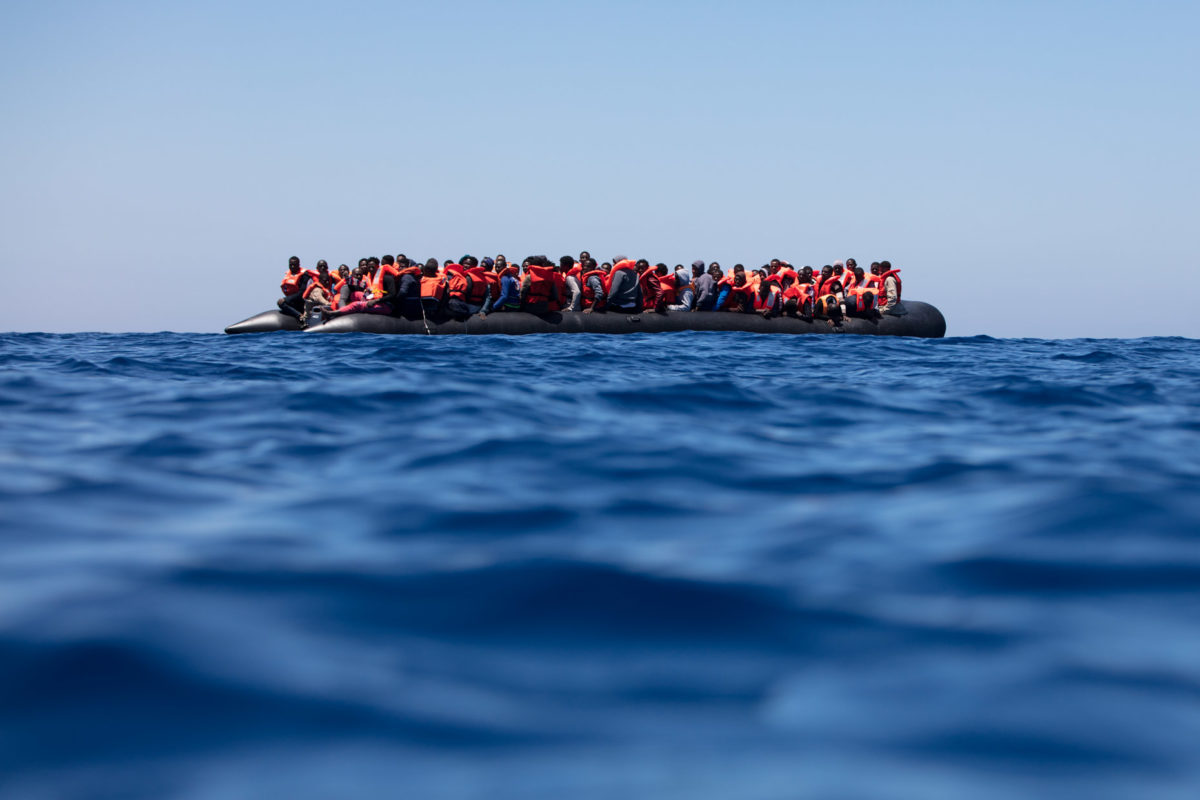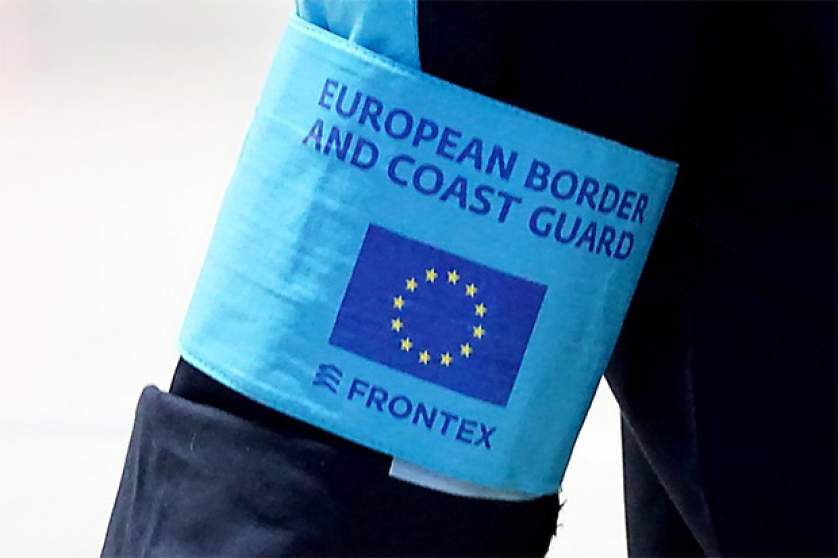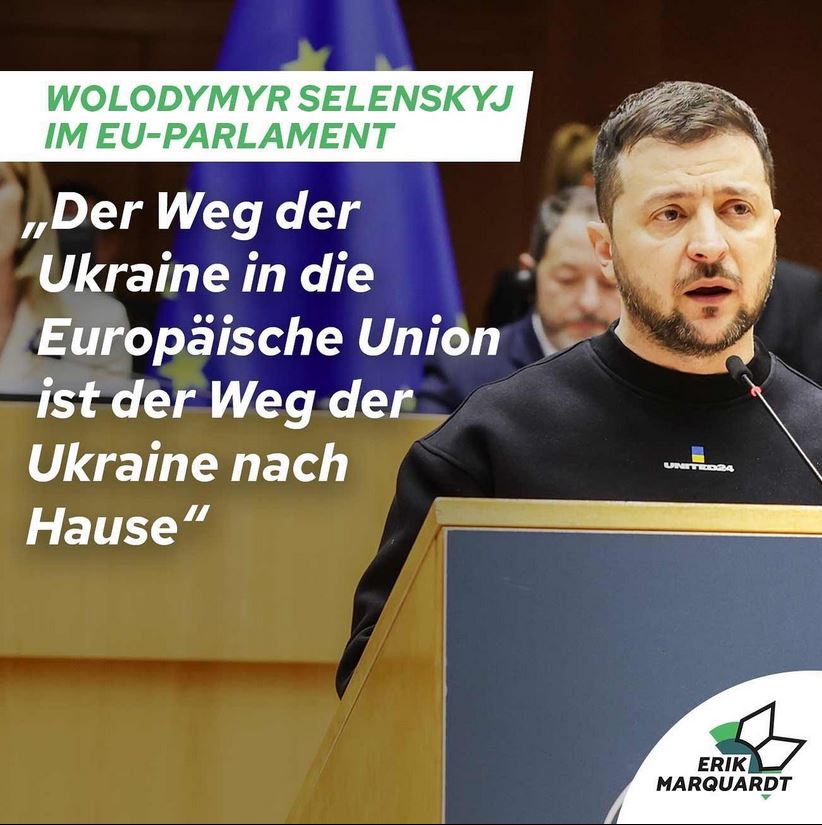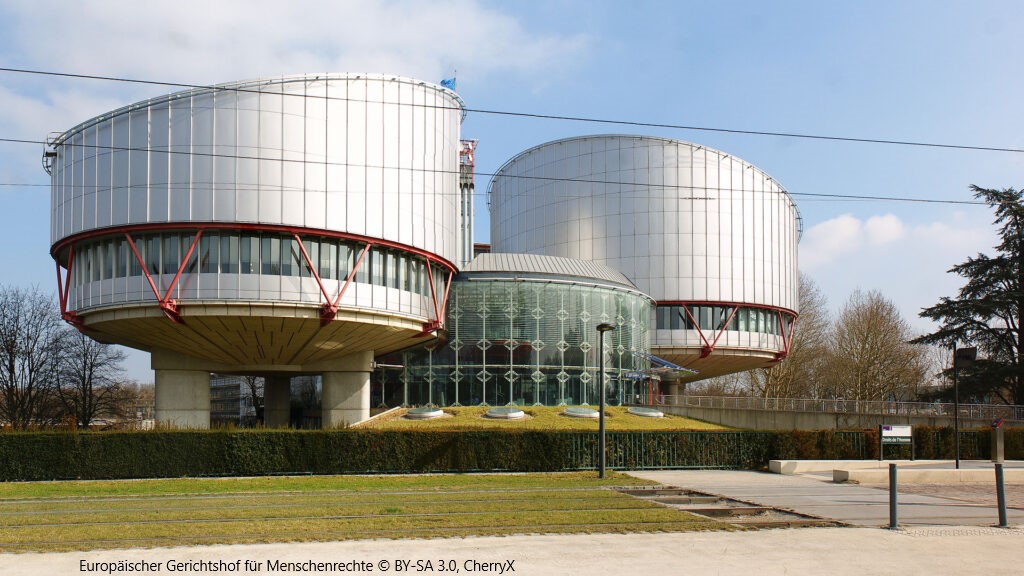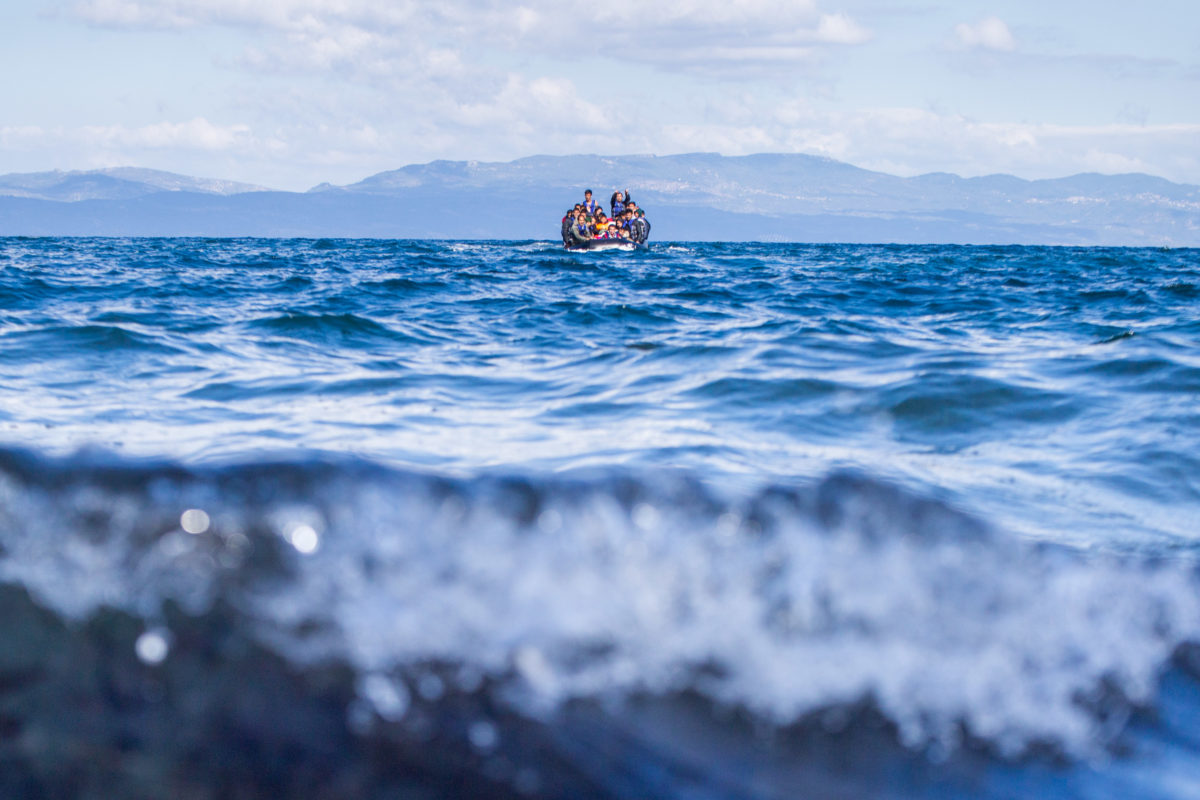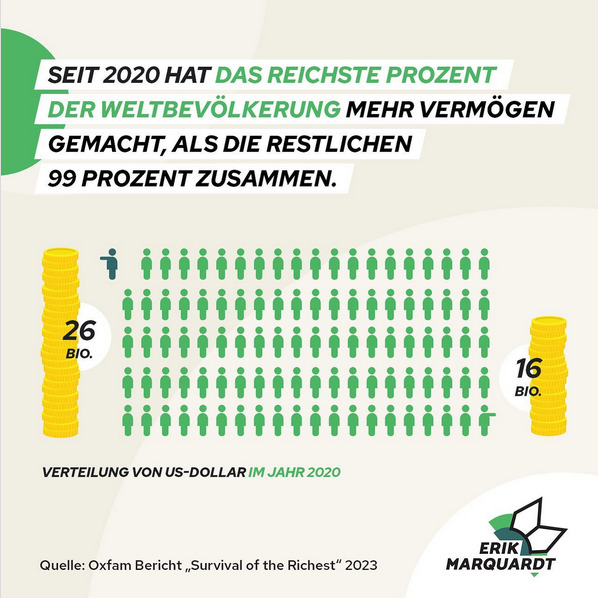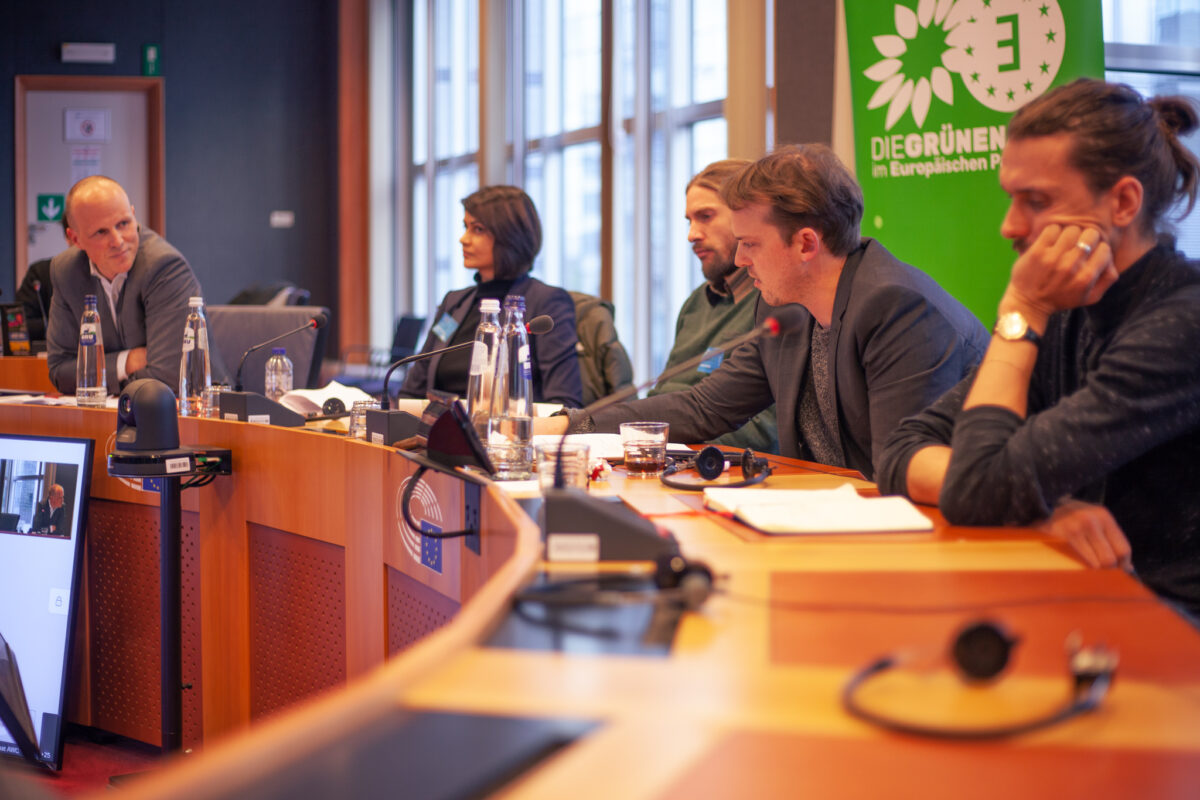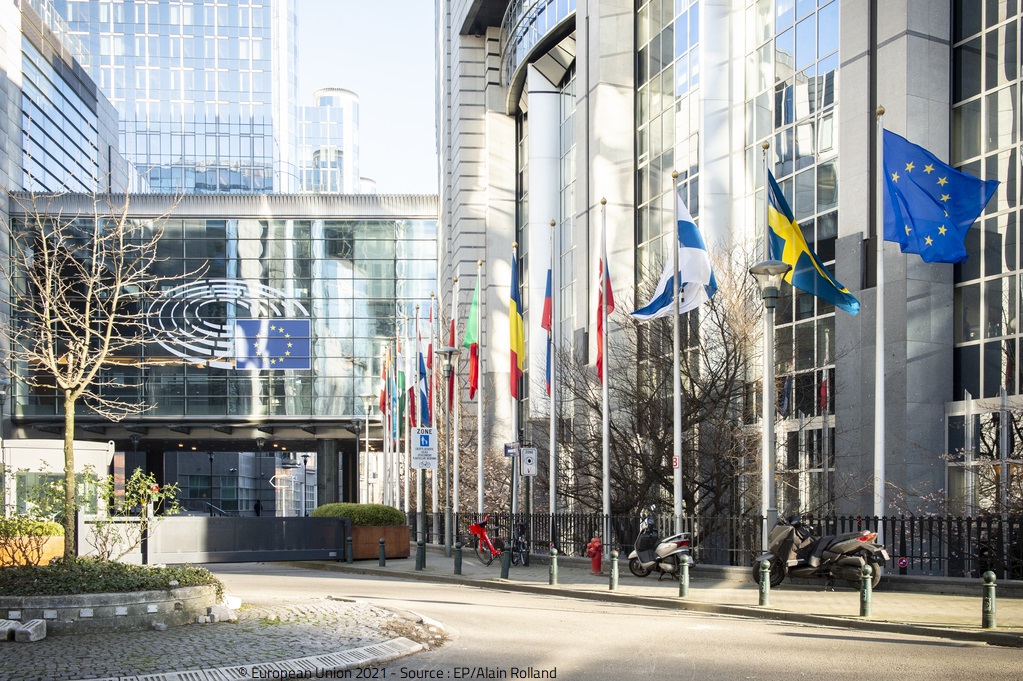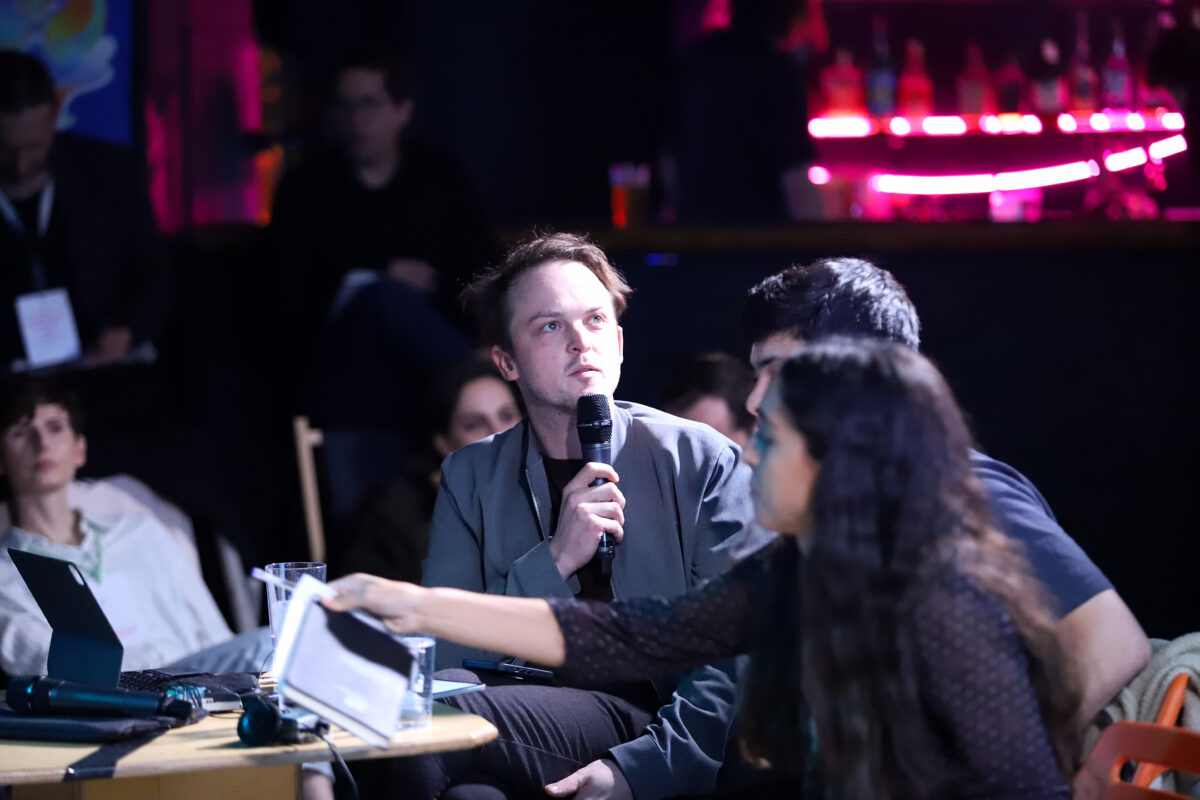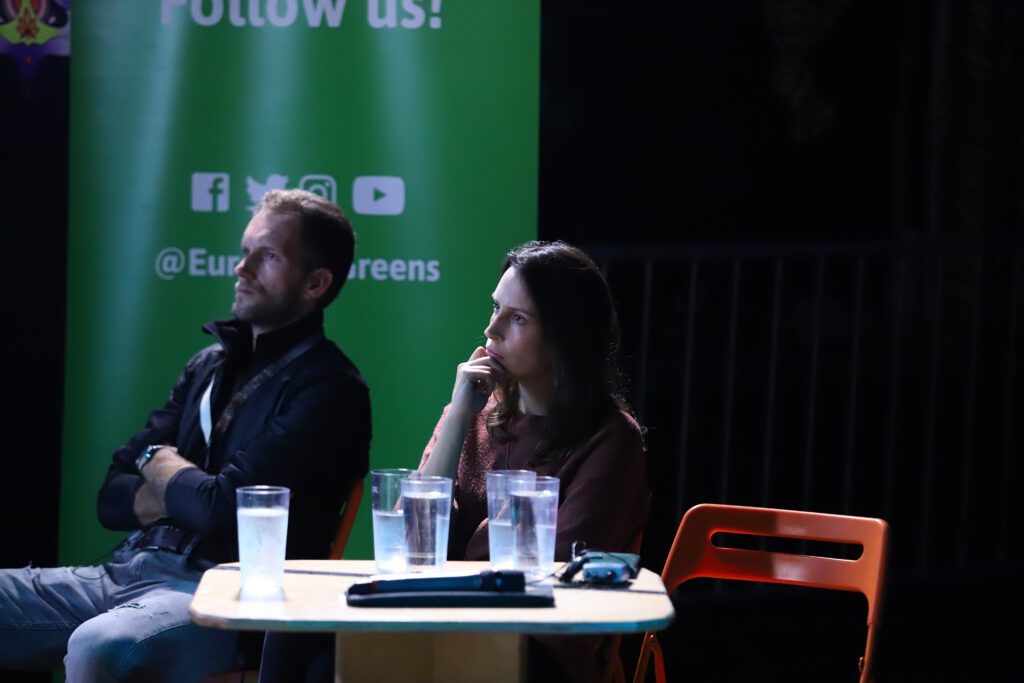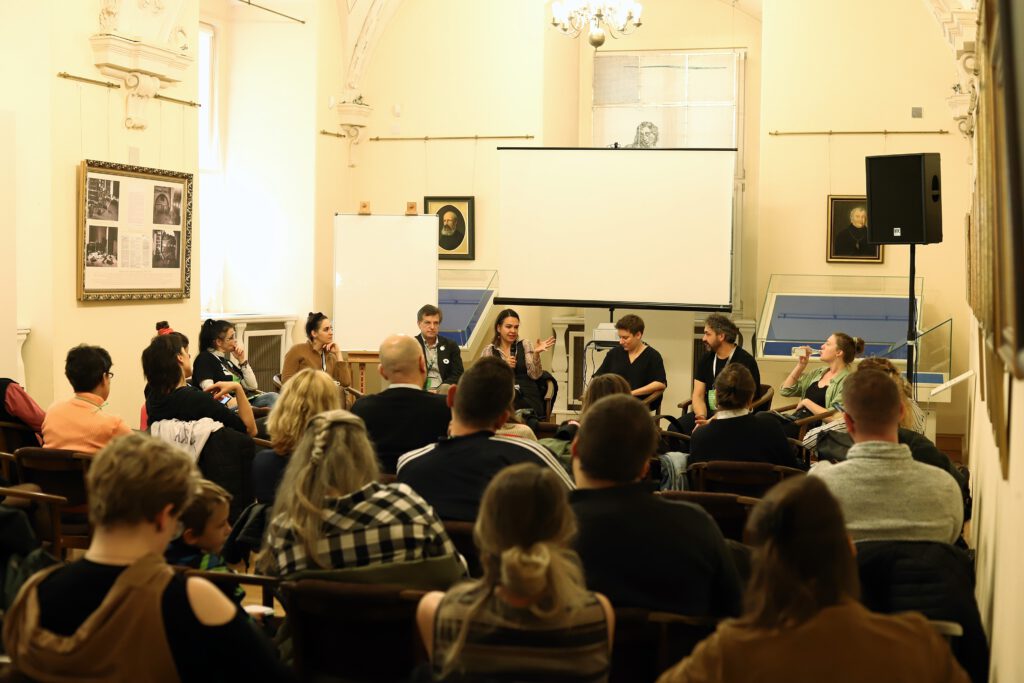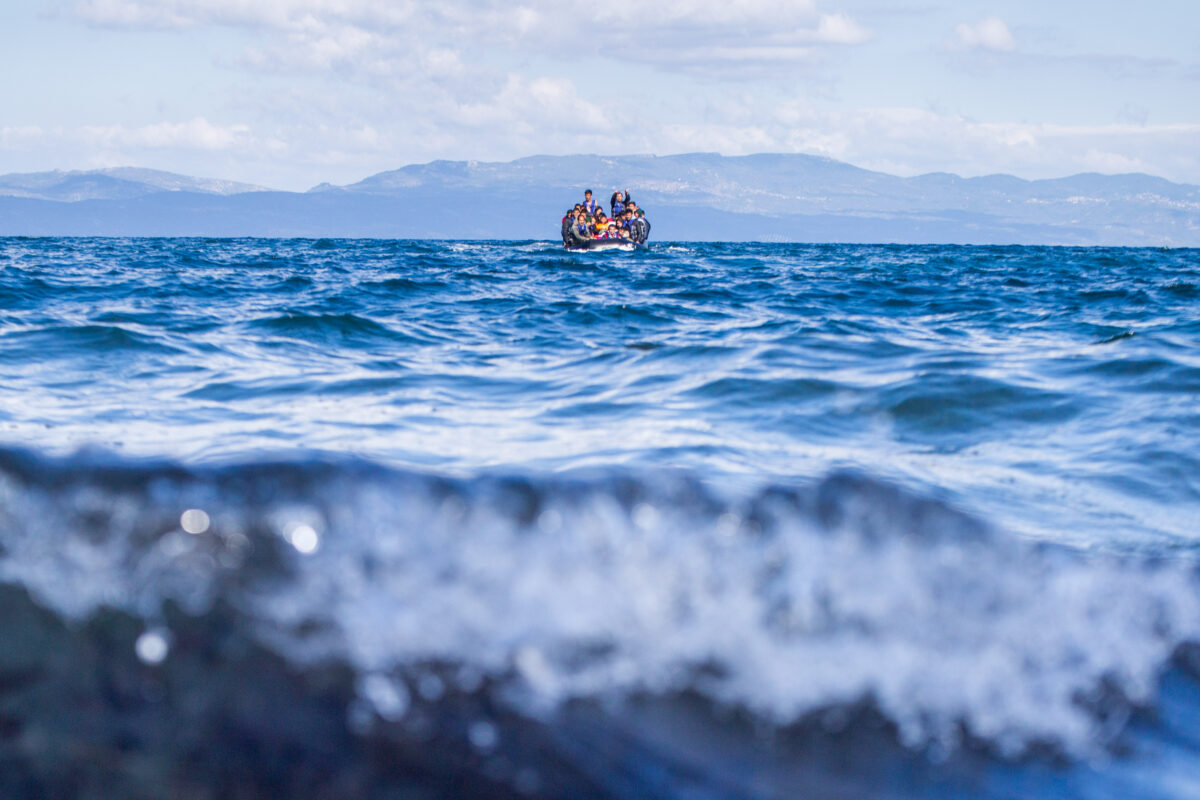In 2018, the EU Council commissioned a group of experts to develop a Analysis of the European development cooperation and its stakeholders and to make suggestions for improvements. The report of the expert group was available in October 2019 and proposed as its main point the establishment of the new European Climate and Sustainable Development Bank (ECSDB). This should bundle and centrally coordinate European development cooperation in order to avoid duplication and competition. However, this would also have meant that nation states would have had to relinquish competencies, which is why the proposal was rejected by the Council. Two other proposals from the Council, which would have restructured and partially merged the EIB and EBRD, were also rejected by the Council. The only remaining proposal was to keep everything as it was, but to improve coordination within the EU: This version is called Status Quo+. After long negotiations on amendments, compromises and details of how the new overarching structure for European development cooperation should look like, on 26.10.2022 the EFAD Report adopted by the Development Committee.
Green position on the StatusQuo+
So our work as Greens in the European Parliament was to shape the report on the Status Quo+, with many amendments, so that it represents a real improvement in the design of European development cooperation. Through intensive discussions, we Greens managed to sharpen several elements in the report and to leave out other things that in our opinion have nothing to do with development cooperation, such as using development funds for migration defense. Among other things, we were able to put a focus on climate projects and biodiversity promotion, and add monitoring mechanisms and feedback analysis to projects. Unfortunately, there are also a few items that we are not so happy with. These include an amendment on the sustainability transformation of the African energy sector. Not so bad, actually. However, the focus is not on sustainable energy access for all people in Africa, but on sustainable energy production for export.
Climate targets in the EFAD report
One of our key demands was to prioritize climate and development goals over trade and geopolitical interests. It was important to us that all development funds are compatible with the goals of the Paris Climate Agreement and contribute significantly to the achievement of the Sustainable Development Goals (SDGs), especially projects that are supported through mixed financing. Development funds should no longer be spent on sectors that fuel the climate crisis, and at least 30% of the funds should clearly contribute to achieving the climate goals. Furthermore, it was important to us that the new EU taxonomy on energy resources should at most serve as a minimum standard for investments in the energy sector, but actually the development banks should be a best-practice example for sustainable change to achieve the goals of the Paris Climate Agreement and the SDGs.
Actors in European development cooperation
With regard to the European Investment Bank (EIB), several points were important to us. On the one hand, the improvement of its social and environmental policies, especially with a focus on the protection of human rights and endangered ecosystems. This also includes increasing transparency and control in the cooperation with subcontractors and their activities. In addition, it was important to us that we urgently need a clear mandate description for the new branch EIB Global and also here more transparency about its activities. In order to increase transparency and control at the EIB, we demanded that the European Investment Bank, as well as the Commission, regularly communicate with the Parliament to report on their activities. To strengthen partnerships between the EU and developing countries, we have also called for the meaningful involvement of local populations, civil society, and non-governmental organizations in development projects.
Private funds for development cooperation
In development cooperation, there is a considerable gap between the financial resources that are available and the amount that is actually needed. Mixed financing is often used as a solution. Mixed financing means that private investments are supported by public funds and secured against risks. We have managed to limit mixed financing to areas where, after careful evaluation, it can add value to the local economy. This is because often this method is highly praised, but there are studies that question its help, especially for the most vulnerable developing countries. The protection of essential public services, such as education, health, and social security, should remain a priority and should not, under any circumstances, reinforce existing inequalities.
Policy Coherence for Development, Gender Mainstreaming and Better Coordination.
Another elementary point that we were able to include in the compromises was a call to strengthen the policy coherence measures of all actors involved. This means that any measures and initiatives in different policy areas have to be aligned with other projects, so that, for example, the achievements of one development project are not cancelled out by another project. The report also calls on EFAD actors to strengthen due diligence in their operations, mainstream gender equality, and protect human rights in all operations. The EIB and EBRD are encouraged to coordinate their work and projects more effectively and to clarify their division of labor so that each bank can focus on its respective core competencies, thus avoiding duplication and undercutting.
Now we go into the trilogy
As you can see, the report tries to make significant improvements in many areas and we Greens were able to influence the new overarching structure for European development cooperation with our ideas. Once the report has been adopted by the Parliament, the next phase will begin: the trilogues. I hope that we will be able to push through many of the compromises we negotiated in the Parliament in the triologues, in order to make European development cooperation more sustainable and effective in the future.
